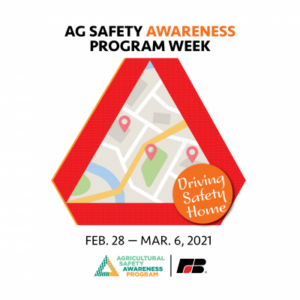Mental health is something few people feel comfortable talking about. However, we all know stress can lead to many health issues both mental and physical. Here are a few self-care practices to help eliminate stress and strengthen your mental well-being:
Adopt better sleep habits: Prepare yourself for a restful night’s sleep by securing a comfortable environment. Turn off electronics, lights, and other distractions that may stimulate the brain.
Begin an exercise regimen: Start with small changes by opting to take the stairs, if able, instead of the elevator. Take stretch breaks during the day. Go on a walk or a bike ride.
Find a hobby: Don’t be afraid to try something new or do something you enjoy.
Take a social media break: Put down the tablet, smartphone, step away from the computer for a block of time.
Utilize stress management techniques: Try yoga, meditation, or breathing exercises.
Get organized: Use a planner to set goals for yourself. You will feel a sense of accomplishment crossing things off your list!
Keep a journal: Instead of dwelling over negative thoughts, put them down on paper. Then “close the book on them” and enjoy your day.
Volunteer: It feels good to help a friend or give back to your community, as well as a great way to connect and cultivate relationships.
Strengthen your communication skills: Make connections by reaching out and talking to someone, as well as be a good listener.
Treat yourself, as well as others, with respect: Remember, we are all human, we make mistakes, and we miss goals, but maintaining a positive outlook is key.
Information shared from: Jana L. Davidson, Progressive Agriculture Foundation. More information from the article in the May 5th edition of the Morning Ag Clips.

 ertain time together.
ertain time together.